
In this interview we discuss research and the treatment approaches for primary central nervous system lymphoma.

Your AI-Trained Oncology Knowledge Connection!


In this interview we discuss research and the treatment approaches for primary central nervous system lymphoma.

Undergoing upfront autologous stem cell transplantation is still the preferred treatment of choice for patients aged 65 or younger with newly diagnosed multiple myeloma, according to interim results of a phase III trial.
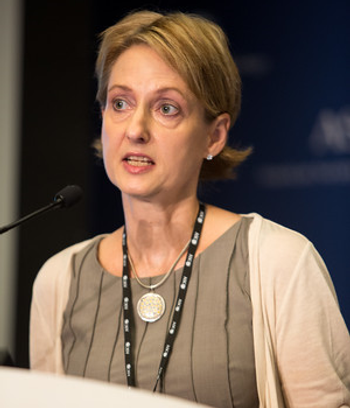
Obinutuzumab in combination with bendamustine followed by obinutuzumab maintenance improved PFS over bendamustine monotherapy in patients with refractory non-Hodgkin lymphoma.

A vaccine known as AST-VAC1 was successfully produced from most patients in a phase II trial of patients with acute myeloid leukemia.

A trial found that ibrutinib in combination with bendamustine and rituximab is superior to standard of care in patients with previously treated CLL/SLL.
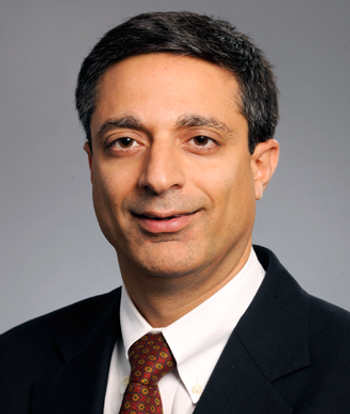
We discuss some of the anticipated multiple myeloma trials with Sagar Lonial, MD, ahead of the 2015 American Society of Clinical Oncology Annual Meeting.
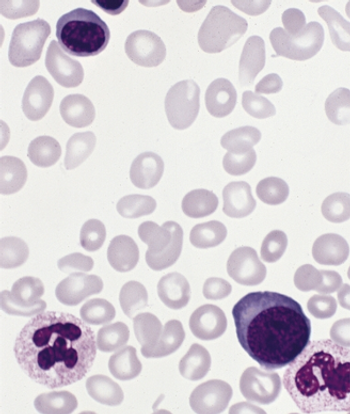
Ruxolitinib was significantly better than the best available therapy in a phase III, open-label trial of patients with polycythemia vera who were resistant to or intolerant of hydroxyurea.
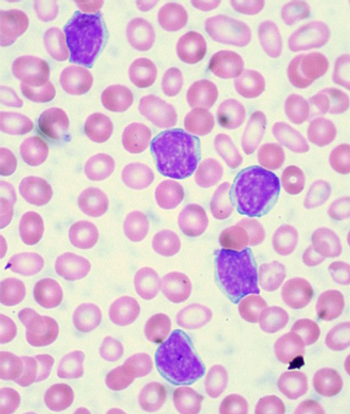
A phase II trial of the selective spleen tyrosine kinase (Syk) inhibitor GS-9973 showed substantial biologic activity in patients with chronic lymphocytic leukemia (CLL).
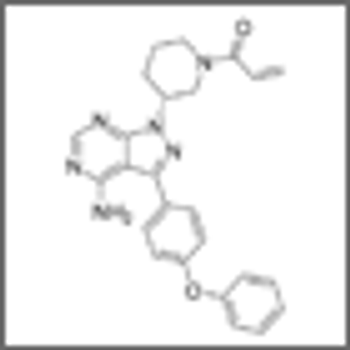
Ibrutinib substantially increased progression-free survival and overall survival over ofatumumab in patients with chronic lymphocytic leukemia (CLL) and small lymphocytic lymphoma (SLL), according to the results of the RESONATE trial.
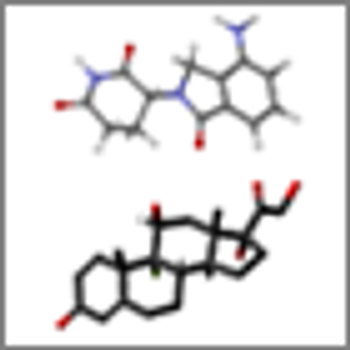
Treatment with lenalidomide and dexamethasone improved quality-of-life measures in multiple myeloma patients, according to a study presented at the 2014 ASCO Annual Meeting.
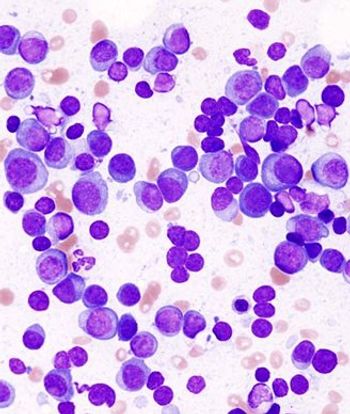
Continuous therapy produces drastically better progression-free survival and overall survival outcomes in patients with multiple myeloma. A novel endpoint involving time to second progression is an important tool in evaluating this type of treatment in the future.

As part of our coverage of the 2014 American Society of Clinical Oncology (ASCO) Annual Meeting, we discuss the pros and cons of follow-up imaging in lymphoma.

CancerNetwork speaks with Hagop Kantarjian, MD, M.D. Anderson Cancer Center, who shares his impressions of some of the highlights of this year’s ASCO meeting with regard to hematologic malignancies.
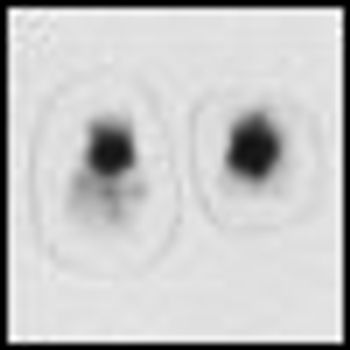
Updated clinical data from the pivotal phase II global PACE trial of ponatinib confirm its impressive antileukemic activity in patients with chronic myeloid leukemia or Philadelphia-chromosome-positive acute lymphoblastic leukemia at all stages who are resistant or intolerant to dasatinib or nilotinib.

Updated data from an ongoing phase II trial of oral sapacitabine showed that the drug had activity in older patients with myelodysplastic syndromes refractory to front-line hypomethylating agents indicates.
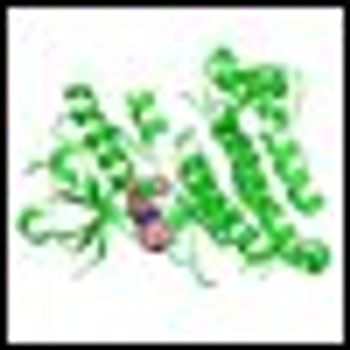
In a phase I study the targeted drug crizotinib, a small molecule inhibitor of anaplastic lymphoma kinase and met proto oncogene, delayed or eliminated signs of tumor growth in pediatric patients with aggressive cancers.
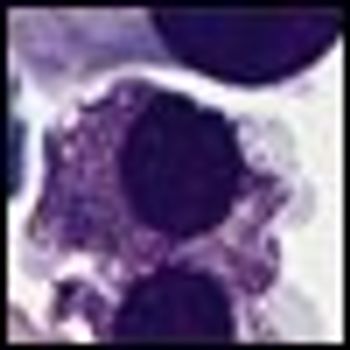
A growing understanding of the biology behind myelodysplastic syndromes (MDS) is leading the way to improved treatment options, according to two presentations at the American Society of Clinical Oncology (ASCO) Annual Meeting in Chicago.
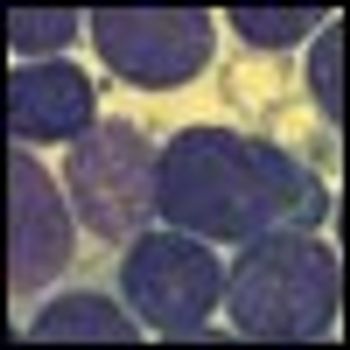
Despite dramatic improvements in survival for children and young adults with acute lymphoblastic leukemia (ALL), treatment failure in the central nervous system remains a constant foe.

At the opening session of ASCO 2011, Dr. Kenneth C. Anderson, the Kraft Family Professor of Medicine at Harvard Medical School and Director of the LeBow Institute for Myeloma Therapeutics and Jerome Lipper Center for Multiple Myeloma at the Dana-Farber Cancer Institute, was awarded ASCO’s highest award-the David A. Karnofsky Memorial Award, which recognizes outstanding achievement in cancer research. Dr. Anderson was honored for his accomplishments in three decades of research in the field of multiple myeloma.

ONCOLOGY talks with Dr. Susan O’Brien, professor in the department of leukemia at the MD Anderson Cancer Center. Dr. O’Brien will be one of the presenters at the upcoming ASCO session on therapies for chronic lymphocytic leukemia, and she gives us a preview of what some of the highlights of the session are likely to be, as well as some insights into her own work.

This year's American Society of Clinical Oncology meeting featured a highly select lineup of sessions dealing with hematologic malignancies.